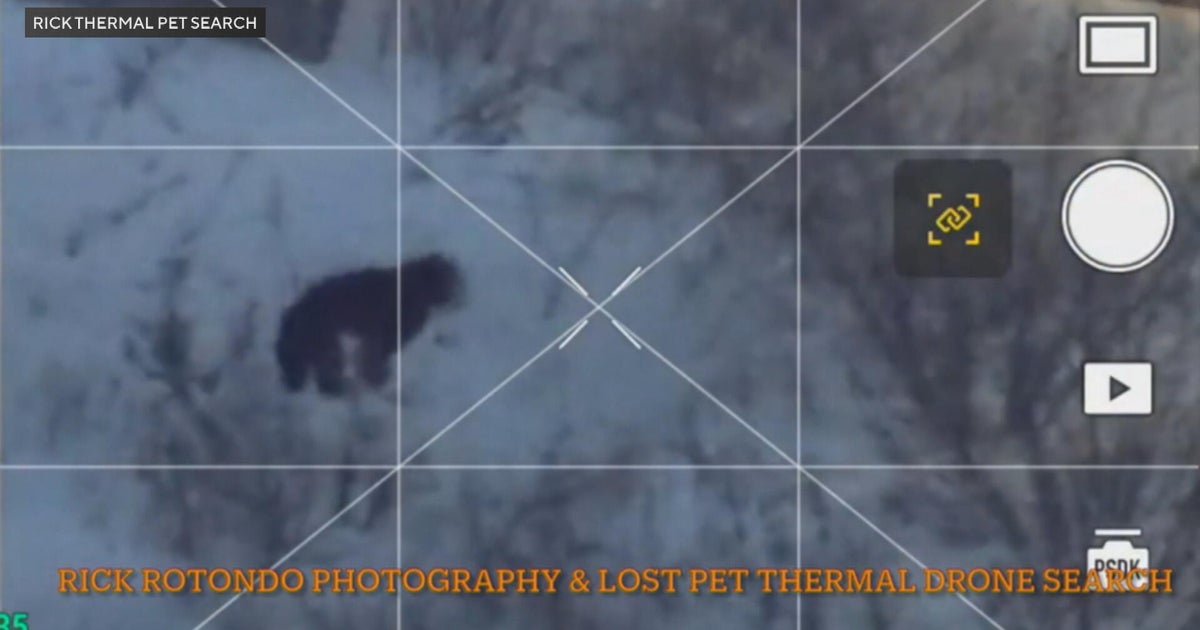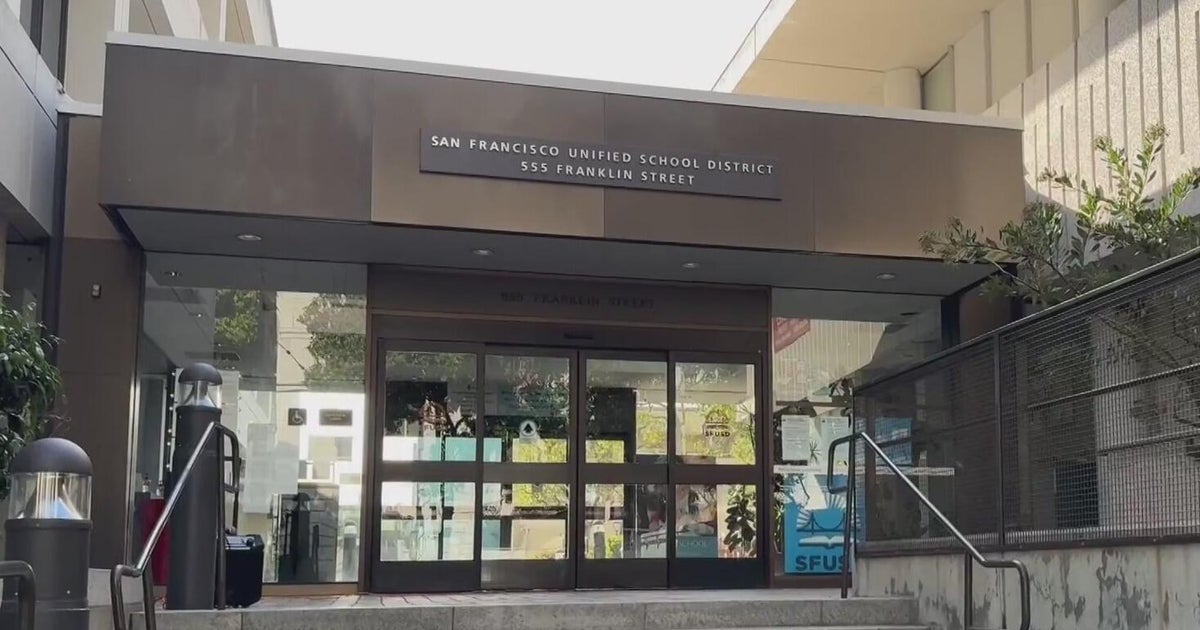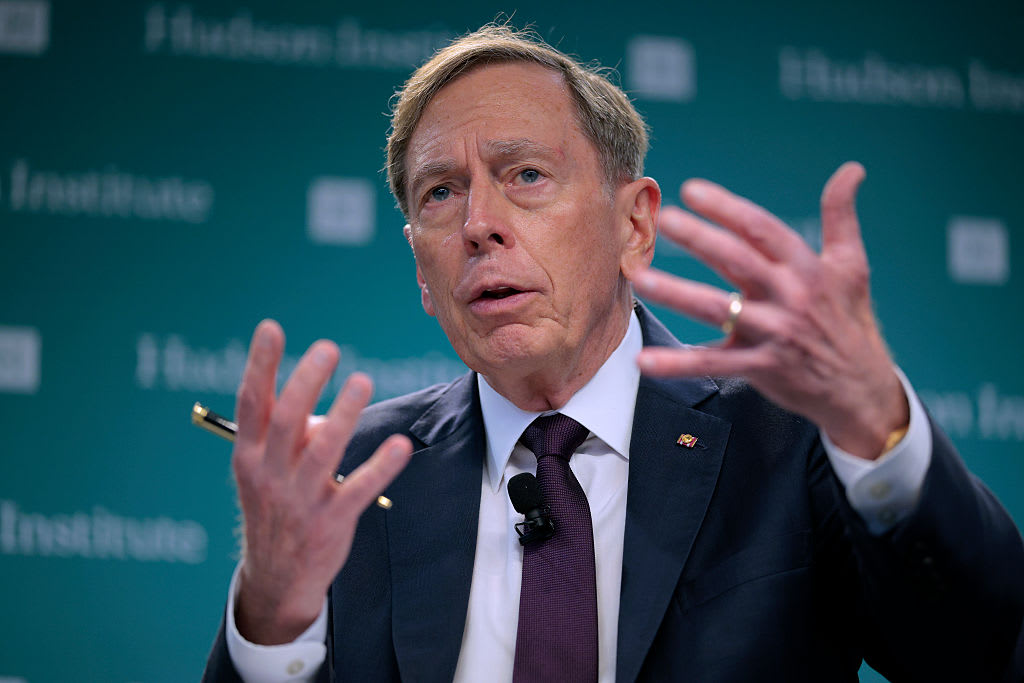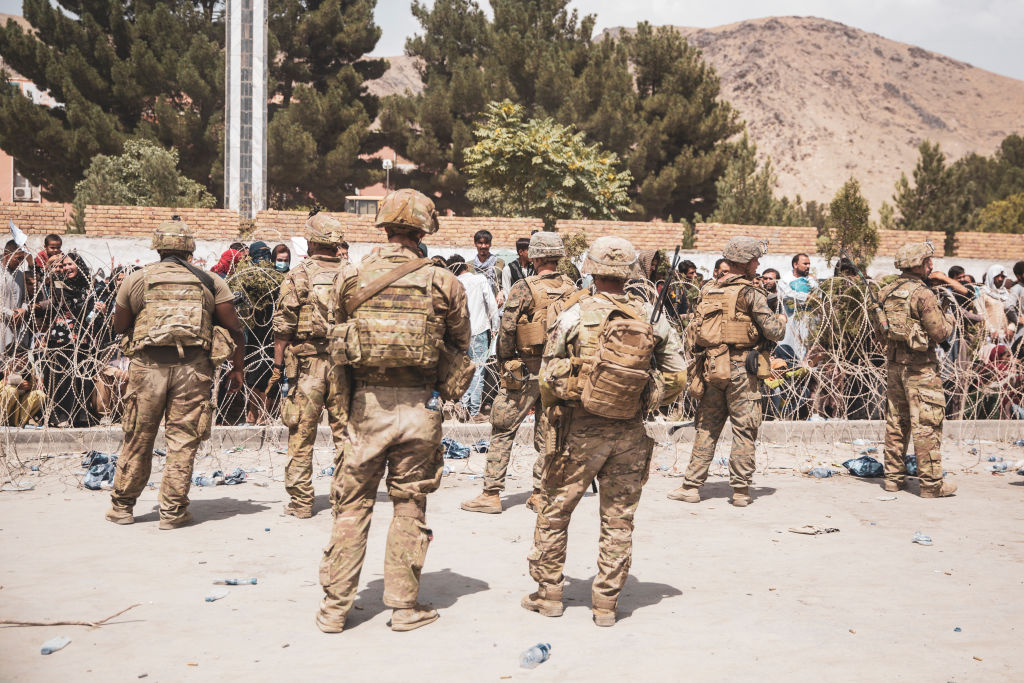David Petraeus: "Impossible to overstate" significance of Soleimani strike
Washington — Former CIA Director David Petraeus said Sunday it's "impossible to overstate" the importance of the U.S. drone strike early Friday that killed Qassem Soleimani, Iran's top military commander, calling it "bigger" than the death of Osama bin Laden.
"It's impossible to overstate the significance of the attack that takes out Qassem Soleimani and the number two militia leader in Iraq as well, who also never dared to set foot in Iraq during the surge after we've missed him and he escaped," Petraeus said on "Face the Nation," referencing Iraqi paramilitary chief Abu Mahdi al-Muhandis. "So this is bigger than bin Laden. It's bigger than Baghdadi.
U.S. special forces during a raid on his compound in Pakistan in 2011, and Abu Bakr al-Baghdadi, the head of ISIS, died during a raid by U.S. commandos in October.
President Trump authorized the airstrike that took out Soleimani in Baghdad and said the action was designed to stop "imminent" attacks on American military personnel and diplomats.
Petraeus, a retired general who played a pivotal role in turning the tide of the insurgency as the commander of U.S. forces in the Iraq War, said the U.S. had never gone after Soleimani before, but noted that the leader of Iran's elite Quds Force only became more visible in recent years.
"This is the equivalent in U.S. terms of the CIA director, CENTCOM commander, JSOC commander, and presidential envoy for the region for Iran," Petraeus said of Soleimani's role in the Iranian military. CENTCOM is U.S. Central Command and JSOC is the Joint Special Operations Command.
The strike targeting Soleimani has ratcheted up tensions between the U.S. and Iran, which vowed to retaliate for the attack, and raised questions among lawmakers as to whether the Trump administration has a strategy in place moving forward.
Petraeus said the "real question" for the U.S. is whether there is a diplomatic initiative.
"It's not quite enough, I don't think, to say, well, they know how to reach us. I think we should actually be trying to reach out through intermediaries first, of course, as we have in the past, and then trying to come to some kind of agreement about how to get back to the nuclear deal that was had its strengths, as well as some shortcomings, to be sure, and then address the other legitimate grievances and issues that we have about militia activity, support and the missile program," he said.
Secretary of State Mike Pompeo said last week the Trump administration is urging Iran to "de-escalate," but on Saturday, Mr. Trump warned the U.S. would target 52 Iranian sites if Tehran retaliates for Soleimani's killing.





